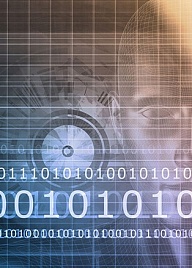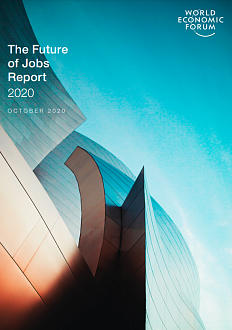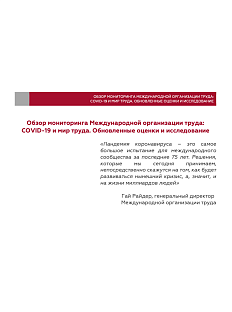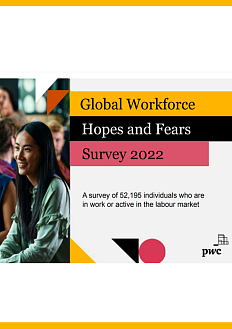Automation and artificial intelligence (AI) are transforming businesses and will contribute to economic growth via contributions to productivity. They will also help address societal challenges in various areas from healthcare to climate change. At the same time, these technologies will transform the nature of work and the workplace itself. Machines will be able to carry out more of the tasks done by humans, complement the work that humans do, and even perform some tasks that go beyond what humans can do.
The report by McKinsey suggests that society needs these improvements to increase effectiveness for businesses, contribute to economic growth, and make considerable progress on some of the most difficult societal challenges. The most advanced deep learning techniques deploying artificial neural networks could account for as much as $3.5 trillion to $5.8 trillion in annual value, or 40 percent of the value created by all analytics techniques. AI and automation have the potential to reverse the decline in global economic growth: productivity growth could potentially reach 2 percent annually over the next decade, with 60 percent of this increase coming from digital opportunities.
The labor market itself will also be transformed. Nearly all occupations will be affected by automation, but only about 5 percent of professions can be fully automated, while the others can be partially automated. On the whole, about 30 percent of the activities in 60 percent of all occupations could be automated. However, according to McKinsey, unemployment is not likely to grow. Besides the transition of workers from outdated jobs to newly created ones, additional labor demand is expected to reach 21 to 33 percent of the global workforce (555 million and 890 million jobs) to 2030, more than is needed to compensate for the numbers of jobs lost. Workers will need radically different skills: demand for physical skills will decline further, while social, emotional, creative, learning, and complex information processing skills will see a rapidly growing demand.
.png)
To make the transition to automation and AI as smooth as possible, businesses and governments must find actionable and scalable solutions in several key areas. Some of the measures proposed by McKinsey are: ensuring robust economic and productivity growth, fostering business dynamism, investing in human capital, rethinking transition support for workers affected, redesigning workflows, etc.






